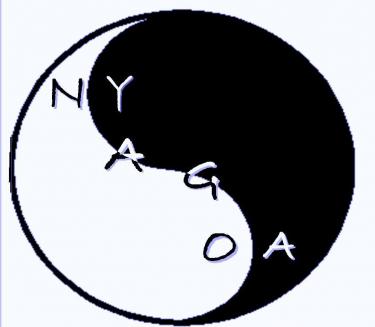| Fabian and I have managed to make Yago resources retrievable on the web. |  |
What that means? This means that if someone has a Yago resource URI in hand, he will be able to check on the Web to get one of the three available representations of the resource:
- The RDF representation of the resource serialized in XML
- The RDF representation of the resource serialized in N3
- The HTML representation of the resource
That way, a person or a software agent doesn’t have to load and index the entire Yago data set in order to get the representations of the Yago resources. They only have to negotiate the content of the document at that URL with the web server to get one of the representations of the resource: RDF+XML, RDF+N3 or HTML.
There are a couple of examples of Yago URIs:
- http://www.mpii.de/yago/resource/Abraham_Lincoln
- http://www.mpii.de/yago/resource/Canada
- http://www.mpii.de/yago/resource/Ottawa
- http://www.mpii.de/yago/resource/Microsoft
zythit
February 10, 2012 — 4:04 am
Hi, Nice to meet you!
I want to access yago dataset online. I know DBpedia and freebase both can be access using API. But I can not find the similar way to use Yago. Do you have idea about that?
I will feel grateful if you have any idea about that!
Frederick Giasson
February 10, 2012 — 9:27 am
Hi!
Unfortunately this service as been deprecated, then closed when Zitgist got closed in 2008. Not sure if there still such a service that can be used for Yago.
However, what could be done is to install OSF (Open Semantic Framework), and then to import Yago in it. That way, you will endup with a full set of web service endpoints to leverage Yago.
Thanks!
Take care,
Fred